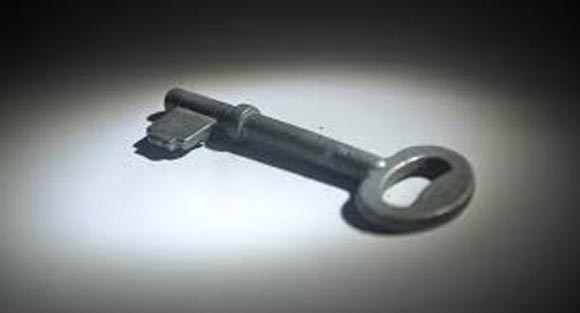Difference Between Incentive and Motivation
Hello dear readers. Sometimes awareness of certain moments helps people to be successful and happy. You can look at your friends, colleagues, relatives and only envy - how they reach such heights, where they get their motivation from, how strong their willpower and faith in their own strength are.
What is the secret of these people? In today's article, we will try to find out. You will learn the difference between stimulation and motivation, what results psychologists have achieved in their research on these points, how to help yourself or your staff work more efficiently, and much more, so sit back, we begin.
Differences
Some people believe that motivation and incentive are the same thing. However, this is far from the truth and the distinction between these concepts helps a person achieve his goals as efficiently and quickly as possible.
In fact, motivation is the inner core of a person, his world: beliefs, activity, interests, life principles, desires and needs. It is impossible to influence them. They are not susceptible to external manipulation.
A person himself strives to work and receives moral satisfaction from this. He does not care about bonuses or payments, he just goes to work and fulfills certain requirements. He has such a desire. A motivated person is disciplined, he always has a plan of action, he tries to achieve high results simply because he cannot and does not want to do otherwise.
He is satisfied with his own position, salary, place of work, team and everything else.
A stimulus is something like an external stimulus. Something that pushes a person to work. Thanks to bonuses and other remunerations, the employer can influence the employee, increase the productivity of his work.
Incentives are not only material - for some, recognition in the team, praise from the boss or even members of their family is very important.
In fact, both of these concepts have the same goal - to increase performance, only global tasks fall on the shoulders of motivation, and stimulation helps to solve these problems, somehow contribute to its emergence and keeping oneself in good shape.

For example, a person has just got a job and wants to get a position. This is his motivation, an inner impulse. Until he was hired, he is on probation, the employment contract is an incentive to work productively.
Unlike motivation, incentives have a temporary effect. Sooner or later, you forget about the conclusion of the contract, as well as about the increase in salary, position, and so on.
Motivation has a long-term character, as it is based on the inner impulses and desires of the person himself. Of course, sometimes it can disappear, often due to stress, but after a short rest or a good rest, it reappears. Naturally, if the employee continues to be motivated and enjoys the conditions of his own work.
Scientific research
American psychologist Frederick Herzberg believed that two types of factors influence the motivation of employees. Working conditions put pressure on job dissatisfaction. A person will not appreciate his position especially if his office has large windows and a great view, but poor lighting or lack of air conditioning will definitely affect the motivation of the staff. There are also motivators that, according to Frederick Herzberg, are responsible for satisfaction - career growth, bonuses, praise, salary and universal recognition.

Another psychologist, David McClelland, believed that motives are divided into three groups - the need for success, complicity and power. He said that an employee works more productively if he has the ability to control the situation (realize the need for power) and feels his own involvement in the success of the company.
If a person is set to succeed, then he behaves more responsibly, is active and agrees to perform tasks outside of working hours without any problems. Such people bring great benefits to the company.
Victor Vroom identified the relationship between work, results, rewards and the value of rewards. Motivation weakens if the effort invested does not match the expected results and the value of the reward received.
How to motivate yourself and others
If you want to work on motivating yourself and becoming a little more productive, I can recommend a great book that became an instant bestseller. Some large firms won't even hire people who don't read Stephen Covey "The 7 Habits of Highly Effective People". She suggests how to formulate goals, achieve them, become better every day.

Another popular self-improvement book The Psychology of Champions by Bob Rotella. This is a set of rules that helps to form the right attitude towards work, learn to be inspired by it and work with incentives on your own.

If you want to work on staff motivation, then it is better to read "Rethinking Employee Motivation" by Susan Fowler. For more than 10 years, she has studied the work of people around the world and answered a lot of important questions: how best to motivate, where does energy come from, how to reclassify imposed requirements into personal responsibility.

That's all. Don't forget to subscribe to the newsletter. See you again.
